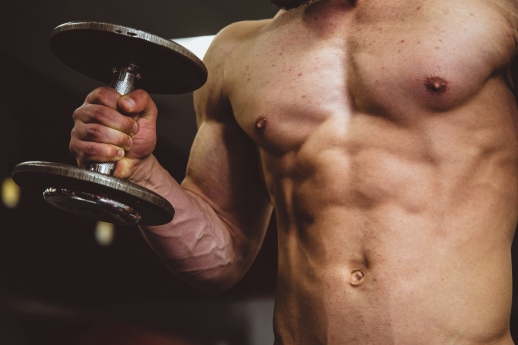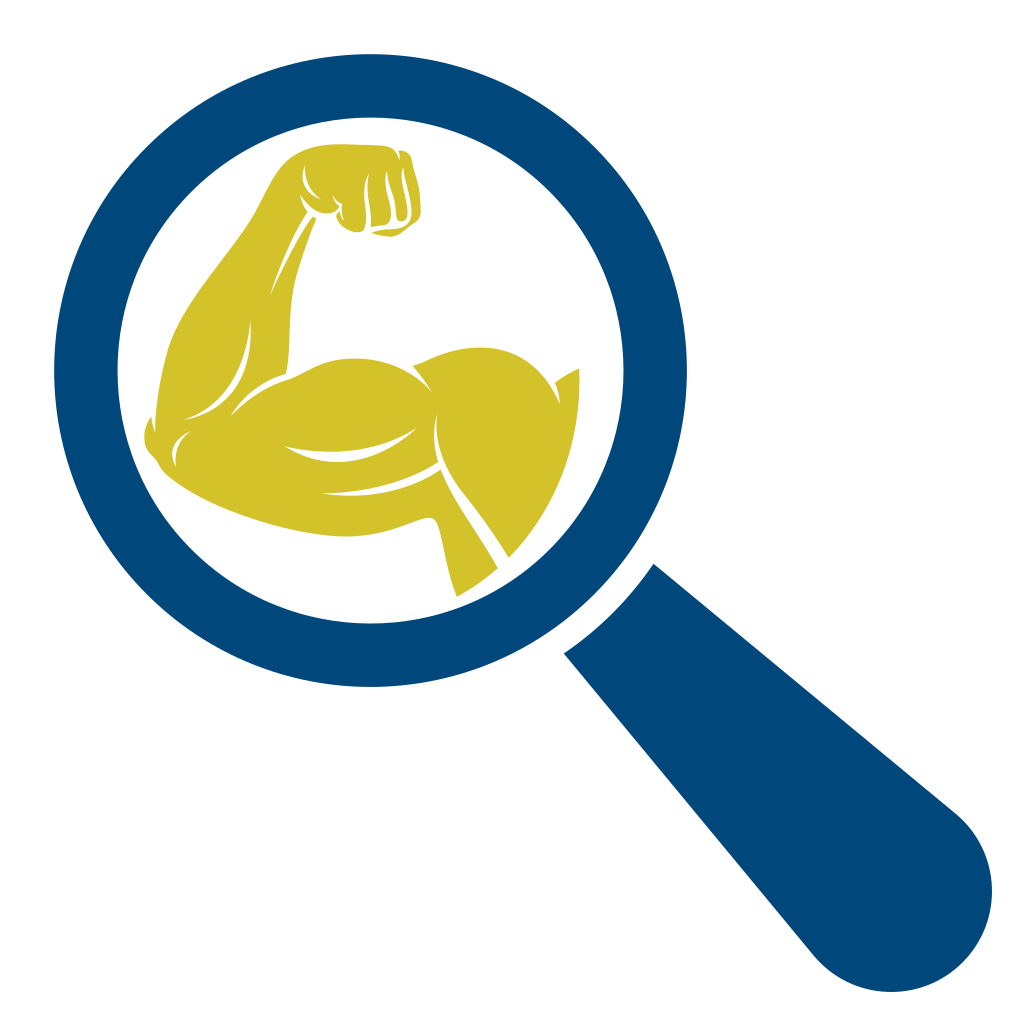Shoulder pain in bodybuilders

Causes of shoulder pain in weightlifters
Shoulder pain can stem from various causes, often related to mechanical or physiological factors.
Poor training technique
Technique is crucial in weightlifting. Incorrect execution of movements, such as improper weight lifting, can exacerbate pressure on the shoulders, often leading to strain and pain. Proper alignment and mastery of movements can make all the difference. Prioritizing correct execution and movement during exercises is key to avoiding these issues.
Inappropriate progressive overload
Rapidly increasing weight without allowing the body to adapt is a common cause of pain. Progressive overload is a fundamental principle in weightlifting, but it must be applied wisely to avoid injuries. It is recommended to follow a structured training program for safe progression.
Inadequate exercises
Some exercises can be particularly hard on the shoulders, such as military presses or heavy lateral raises. It’s important to know which movements to avoid or modify to protect your shoulders.
Symptoms associated with shoulder pain
Properly identifying symptoms can help differentiate between various forms of shoulder pain.
Acute vs. chronic pain
Acute pain is often sudden and intense, resulting from a specific movement or injury. Chronic pain, on the other hand, develops slowly and is persistent. This distinction is crucial in determining the appropriate treatment.
Impact on mobility
Shoulder pain often affects mobility, making it difficult to perform certain daily movements or specific exercises. A painful shoulder can limit range of motion, which may indicate the need to consult a professional.
Preventing shoulder pain
Prevention is better than cure. Here are practical tips to keep shoulder pain at bay.
Warm-up and stretching
A proper warm-up is essential to prepare muscles and joints for effort. Targeted shoulder stretches can also prevent strain. This applies to all fitness levels.
Choosing appropriate exercises
Adopting exercises that promote shoulder stability, such as horizontal pulls, can help prevent pain. It’s crucial to integrate movements that strengthen the shoulders without overloading them.
Treating shoulder pain
For persistent pain, it's important to explore treatment options and consult a professional if necessary.
Rest and recovery
Rest is crucial for healing. Reducing the load on the affected shoulder and allowing the body to recover is often sufficient to resolve the issue. Rest is the first step toward healing.
Physical therapy
Physical treatments, such as physiotherapy and strengthening exercises, are often effective in alleviating shoulder pain. Working with a therapist can provide a personalized rehabilitation plan for quality recovery.
Conclusion
In summary, shoulder pain is a major concern for weightlifters. By adopting proper technique and execution during workouts, progressing gradually, and choosing the right exercises, the risks can be minimized. Taking care of your shoulders is an investment in your physical health and well-being. Be sure to consult professionals when necessary, and most importantly, listen to your body to keep your training on track.
Credits

Sources
- American Academy of Orthopaedic Surgeons (AAOS) (aaos.org)
- National Institutes of Health (NIH) (nih.gov)
- Journal of Strength and Conditioning Research (nsca.com)